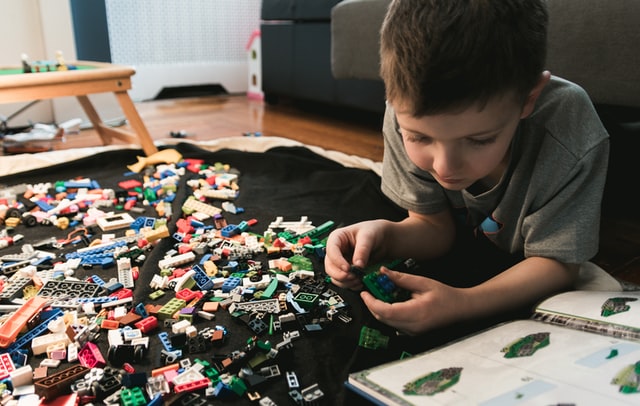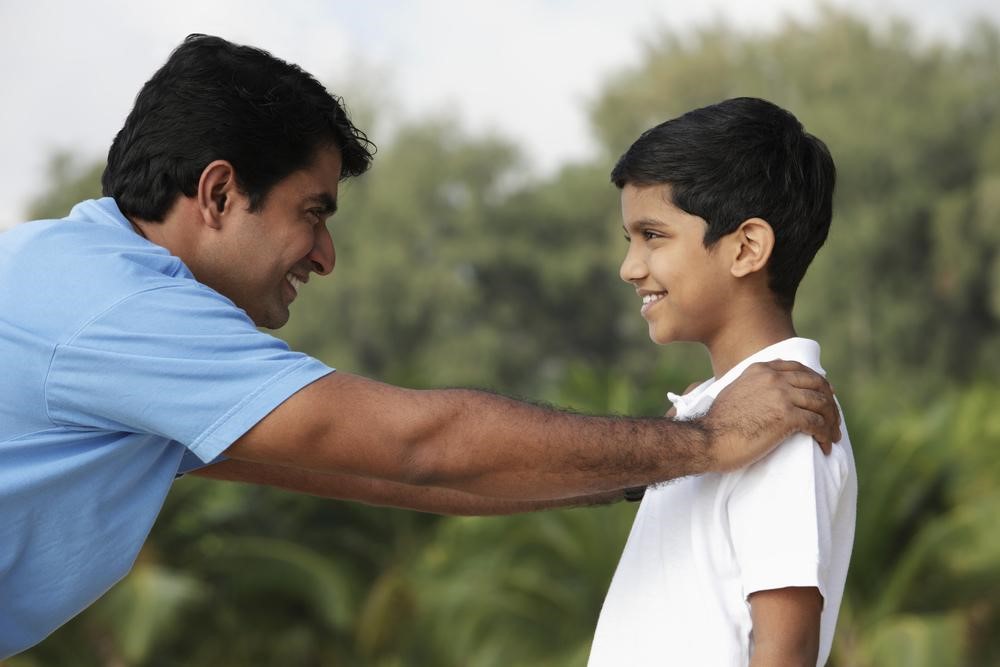 Photo by Kelly Sikkema on Unsplash
Photo by Kelly Sikkema on UnsplashLittle ones rarely understand the concept of doing things on time and taking responsibility for their actions. Sometimes, the school bus might be waiting, and the child is happily sleeping despite you trying to wake him up a few times. But if this becomes a regular occurrence then it is important to guide them in the right direction to enable them to discover their independence. This will not only help them be disciplined but prepare them to handle the demands of adulthood. We should encourage the child to be independent so that s/he can recognise her or his mistakes and reach out for support in cases they are not able to address by themself. The happiness and satisfaction you get when you see your children accomplish a task by themselves is fantastic.
As a long-term parenting goal to guide your children to embrace independence while enjoying the bliss of childhood, here are a few tips to help you.
Creating A Structure And Encouraging Discipline
It is easier for children to make decisions if they think sequentially. A structured routine for what needs to be done during the day at a particular time can help the child make decisions in a controlled environment. When children have a set of goals that need to be completed, then the decision of how and when to achieve them can lead them to devise a routine and discipline to their day.Allowing Them To Make Their Own Decisions
 One way to ease the child into making his/her own decisions is by determining how they would like to spend the day. Ask your children whether they prefer to complete their homework first or play first. Or choosing which vegetable they would like to eat for lunch. By introducing choices and encouraging them to complete the task as decided upon, children can understand the importance of prioritising and decision making.
One way to ease the child into making his/her own decisions is by determining how they would like to spend the day. Ask your children whether they prefer to complete their homework first or play first. Or choosing which vegetable they would like to eat for lunch. By introducing choices and encouraging them to complete the task as decided upon, children can understand the importance of prioritising and decision making.Taking A Step Back
 Albert Einstein once said that “A ship is always safe at the shore – but that is not what it is built for.” Encourage your child to be self-reliant and handle the consequences of their action as appropriate for their age. This often means taking a step back as a parent. Giving suggestions and positive reinforcements, but not intervening when they are making a mistake, can aid the skill of problem-solving. Ask questions like “How could you make sure you wake up on time, so you do not miss the school bus?” When we do this, children discover solutions to the situations themselves and know when to seek for guidance from elders.
Albert Einstein once said that “A ship is always safe at the shore – but that is not what it is built for.” Encourage your child to be self-reliant and handle the consequences of their action as appropriate for their age. This often means taking a step back as a parent. Giving suggestions and positive reinforcements, but not intervening when they are making a mistake, can aid the skill of problem-solving. Ask questions like “How could you make sure you wake up on time, so you do not miss the school bus?” When we do this, children discover solutions to the situations themselves and know when to seek for guidance from elders.Giving Responsibility To Develop Responsibility
 To give your children a sense of responsibility, ask them which tasks they are willing to do themselves and assign it as their responsibility. Assign age-appropriate chores like setting the table, watering the plants or organising the cupboard. If you are planning a party, make a list of simple tasks you need their help with and let them take a lead on some aspects like choosing the dessert or the cutlery to be used. This can also help boost their self-confidence and take ownership of the choices they have made.
To give your children a sense of responsibility, ask them which tasks they are willing to do themselves and assign it as their responsibility. Assign age-appropriate chores like setting the table, watering the plants or organising the cupboard. If you are planning a party, make a list of simple tasks you need their help with and let them take a lead on some aspects like choosing the dessert or the cutlery to be used. This can also help boost their self-confidence and take ownership of the choices they have made.Applauding The Effort
 Doing something on their own for the first time is exciting. Giving the child positive feedback when they complete a task and appreciating their effort works wonders in promoting their confidence. As parents, a word of encouragement or praise can strengthen the child’s belief in his actions and guide them in the right direction.
Doing something on their own for the first time is exciting. Giving the child positive feedback when they complete a task and appreciating their effort works wonders in promoting their confidence. As parents, a word of encouragement or praise can strengthen the child’s belief in his actions and guide them in the right direction.These habits if adopted from an early age can sow the seeds of independence and confidence, helping them grow into proactive and responsible adults.

Post a Comment